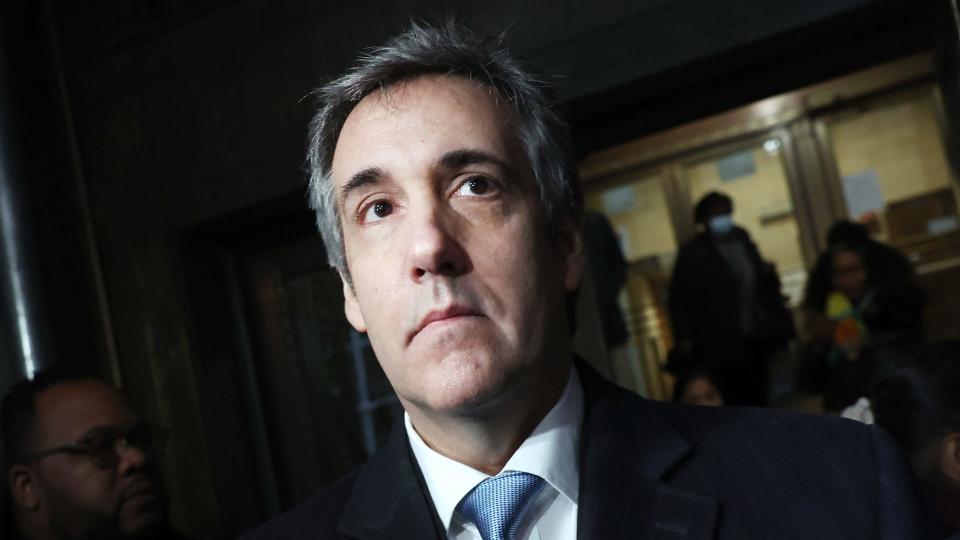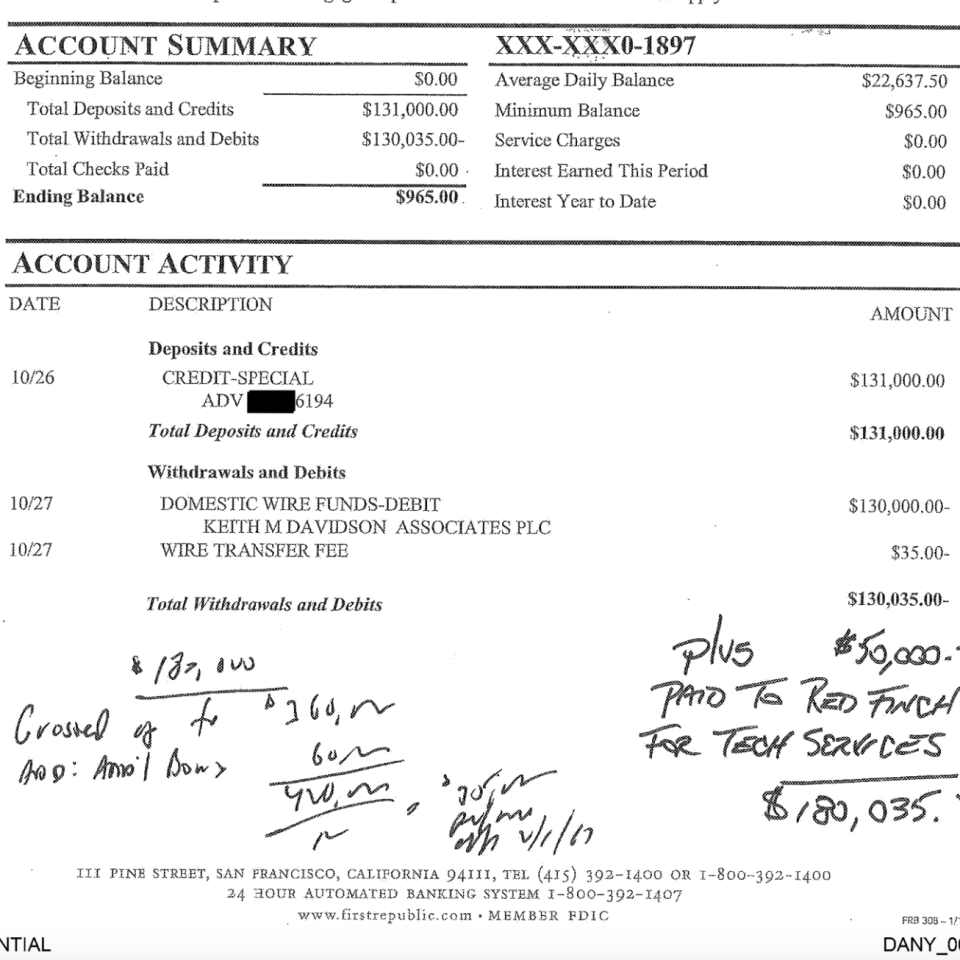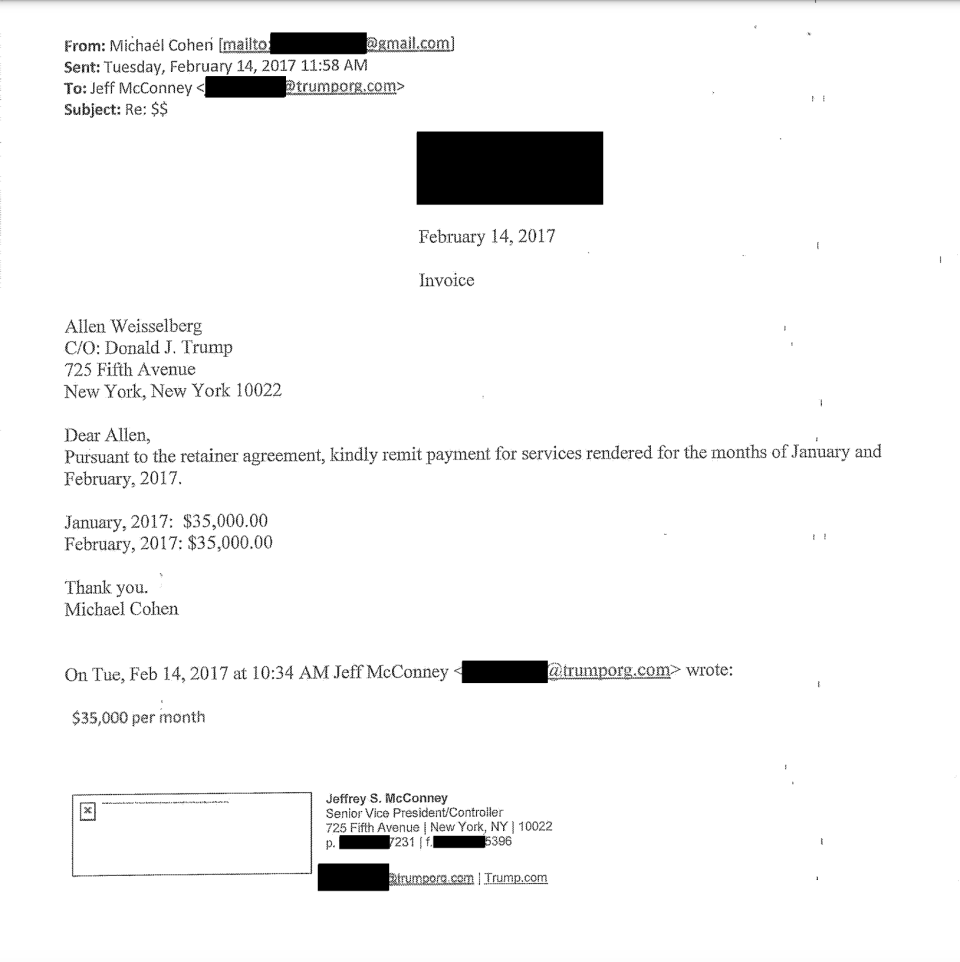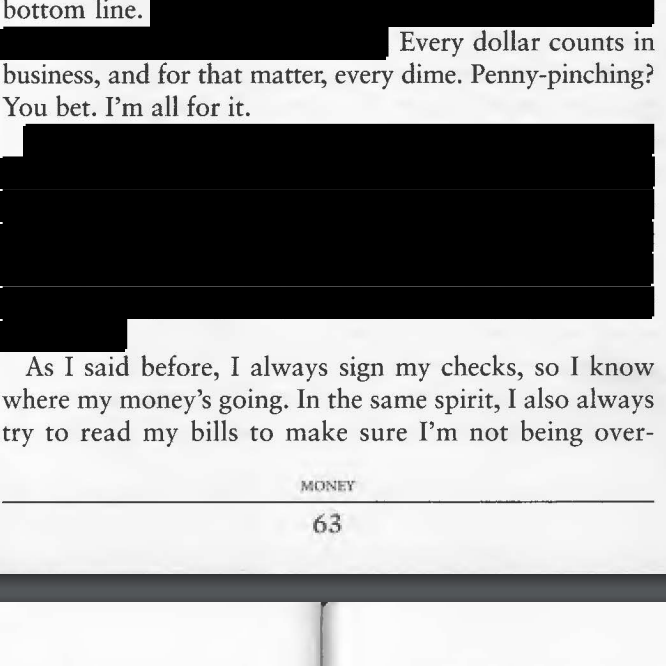Will Michael Cohen be a star witness in Donald Trump's trial? Prosecutors have tried to back up his story.
Since the very first day of testimony in former President Donald Trump's New York criminal hush money trial, prosecutors have been introducing evidence laying the groundwork for anticipated testimony from Michael Cohen – a likely star witness in the case, but also a convicted liar.
Cohen, who's expected to testify as early as Monday, could be crucial in tying Trump to key parts of the 34 felony counts the former president faces that accuse him of falsifying business records to cover up unlawfully interfering in the 2016 election. Cohen has said Trump authorized him to pay porn star Stormy Daniels $130,000 to stay quiet about an alleged affair. And he has described a discussion with Trump at the White House about getting reimbursed. The records charges are connected to what prosecutors say were falsified reimbursement payments made to Cohen in 2017.
However, Cohen isn't the type of witness prosecutors would have drawn up from scratch. The disbarred former lawyer pleaded guilty in 2018 to lying to Congress, among other crimes, and was sentenced to three years in prison. Trump's defense team will almost certainly come ready to portray Cohen – who regularly antagonizes Trump in media appearances – as biased.
Trump trial live updates: Michael Cohen set to testify as star witness in hush money trial

So what have prosecutors done to get ahead of Cohen's vulnerabilities? Here's a look at the testimony and evidence – including Trump's own words – that prosecutors have provided jurors ahead of what's sure to be his contentious time on the witness stand.
What will Cohen say about the lead-up to hush money payments?
It's not clear what Cohen will reveal in his testimony, but he's expected to describe a meeting at Trump Tower in August of 2015 with Trump and David Pecker, who headed the parent company for the National Enquirer tabloid at the time.
According to prosecutors, Pecker agreed at the meeting to alert Cohen to any potential negative stories about Trump before they were published, to help the Trump campaign buy the stories and thereby keep them from getting out. That arrangement is often called a "catch-and-kill" scheme, used to protect celebrities or other prominent people from damaging reports.
Catch-and-kill scheme: What the jury has already seen and heard
Jurors have already heard Pecker's testimony. Pecker described the alleged August 2015 meeting with Cohen and Trump, and said he promised to be "eyes and ears" when it came to stories that might hurt Trump's 2016 campaign. He also described publishing negative stories about Trump's competitors that were fed to him by Cohen.
What will Cohen say about a pivotal 2017 meeting with top Trump employee?
According to prosecutors' allegations, Cohen met with then-Trump Organization chief financial officer Allen Weisselberg in January of 2017 to discuss how he would be reimbursed for paying Daniels the hush money.
Cohen, Weisselberg, and Trump all agreed to the reimbursement arrangement, which involved Cohen sending invoices to Trump through Trump Organization employees that would falsely request payments for 2017 legal services, New York officials have said.
What has the jury has already seen and heard about that meeting?
Weisselberg is currently in jail for committing perjury in Trump's recent New York civil fraud trial, which centered on whether the former president inflated the value of his real estate empire. (A judge determined he did, and Trump has appealed.)
Judge Juan Merchan suggested on Friday that prosecutors may consider bringing Weisselberg to the trial to confirm he would invoke his constitutional right against self-incrimination rather than testify, or to see what he will say. But as of now, Cohen seems poised to be the only witness who will testify about the meeting with Weisselberg.
Still, the jury has already heard from ex-Trump Organization financial controller Jeffrey McConney about arrangements that could have flowed from the January meeting.
McConney testified that Weisselberg told him Cohen needed to be reimbursed, and that Weisselberg directed him to pay Cohen $420,000 spread out over twelve payments of $35,000. Jurors also saw notes on a bank statement about the arrangement that McConney said reflected Weisselberg's handwriting.

Multiple meetings: Will Cohen address White House conversation about Stormy Daniels hush money payment?
Cohen is also expected to testify about meeting with Trump in the Oval Office on Wednesday, Feb. 8, 2017. He and Trump confirmed the reimbursement arrangement at that meeting, according to prosecutors.
2017 White House meeting with Trump: What the jury has already seen and heard
Prosecutors already introduced an image of Cohen that appears to show him at the White House. Metadata associated with the image is from Feb. 8, 2017, according to testimony.
Jurors also saw an email from Madeleine Westerhout, a former Trump aide in the White House, to Cohen on Feb. 5, 2017. Westerhout told Cohen that he was "confirmed for 4:30pm on Wednesday."
What invoices, checks and other documentation will Cohen address?
Cohen is expected to testify that, as part of a scheme to be reimbursed by Trump, he submitted invoices to falsely suggest he was requesting payment for legal services under a legal retainer. A legal retainer is an agreement with a lawyer about compensation that reserves a lawyer or pays for future services.
The former Trump lawyer is also expected to testify that he got several checks from Donald Trump for the $35,000 payments, in line with their agreement.
What has the jury already seen and heard about payments, documents?
Prosecutors have already shown the jury 11 invoices that each make up one of the 34 counts in the indictment. The first invoice was sent in February of 2017 and was for the first two months of that year.

McConney, the former Trump Organization financial controller, testified that he told Cohen to submit a formal invoice because McConney needed that invoice in order to get a check cut. He also testified that he never saw a retainer agreement for Cohen.
The jury has also been shown 11 checks that each make up one of the 34 counts in the indictment.
Earlier witnesses testified that Trump's personal signature was required on many of the checks, that his signature can be seen on many of the checks, and that a FedEx process was used to send checks without Trump's signature to the White House to get that signature and get the checks returned.

Prosecutors also brought in a book publisher to read from Trump's 2005 book, "Trump: Think Like a Billionaire." One excerpt read aloud stated: "I always sign my checks, so I know where my money's going."
On cross-examination, Trump's lawyer suggested that a ghostwriter – someone who is hired to write something that will be credited to another person – could have been responsible for those words.
This article originally appeared on USA TODAY: How Trump prosecutors have paved the road for Michael Cohen testimony
